5 reasons why pausing can be your most powerful communication tool.

Last month I asked a good friend how his recent job interview went. He said it had gone well but when it came to discussing his salary a miraculous thing happened. The hiring manager asked him what he was currently on and he responded with a figure. The hiring manager then ummed and ah’d and offered him a slightly higher package. My friend stayed silent for a couple of moments, and before he could speak again the hiring manager jumped in and said ‘OK, we’ll offer you this instead.’
Without saying a word he had negotiated more money. This is the power of the pause.
It seems so simple yet we so often forget that a pause in the flow of dialogue can have profound meaning and significant results. And even worse, by not pausing we risk sounding nervous, inarticulate or unprepared . We often use filler words like umm and ah as our brain catches up to the pace of our speech. Shakespeare’sHenry V captures this so well with the line ‘The empty vessel makes the greatest sound’.
Whether you are negotiating your salary, presenting complex numbers or pitching a new idea, pausing can be one of your most valuable communication tools.
Here are 5 reasons why pausing is so powerful:
1. Pausing allows you to breathe
The easiest way to pause effectively is to use the moment of silence to take a deep breath. When you breathe you send oxygen to your brain which helps you to be more functional and alert and think more clearly.
Breathing also can help with nerves. When you are nervous you tend to speak quickly and breathe less, which makes you run out of oxygen faster making it harder to speak and in turn making you more nervous � it’s a vicious cycle.
The breath is also the fuel for your voice and deep-centred breathing can help you to make more resonant sound. Taking a meaningful pause will give you the capacity to breathe into your lungs, expanding the muscles between your ribs. This will improve projection and your tone of voice. Shallow breathing can lead to a thinner sound, and for women sometimes a higher pitch which can undermine your credibility when communicating.
2. People don’t like silence
Most people don’t particularly like silence, so they will unintentionally fill the gap with words. This can be very helpful, particularly in a negotiation situation, as they may reveal more information than they had intended, helping you to better understand their position.
3. Pausing gives you credibility
It demonstrates that you are thinking about what you are saying and it helps you to sound more articulate. Pausing after someone else has spoken demonstrates you are listening and considering a response. Often if we don’t take a considered pause, we tend to fill the gap with an ‘umm’ or ‘ah’.
In NIDA Corporate’sPersuasive Negotiation course, clients spend a whole session on what is called ‘active listening’ � drawing on improvisation games to develop their ability to listen effectively and then respond, extending the scene or action. When negotiating, this can be a powerful tool. When you pause to listen you give yourself a moment to read the room and then adjust your communication style to affect your audience.
4. Pausing helps the audience
Pausing gives the person or people you are speaking to a moment to digest what has just been said, making the information clearer for them to understand. We often mistake slowing down with pausing. Whilst it is important to speak at an audible rate, shifting tempo is really important for keeping the audience engaged. So don’t just slow down, instead use meaningful pauses to signpost to the audience important points.
5. Words are only part of the message
Albert Mehrabian’s findings tell us that the relative impact of the words we use is only 7% compared to that of tone of voice (38%) and body language (55%) in communication. Pausing can support your tone of voice particularly as you breathe more fully, make more resonant sound and minimise your ‘ums’ and ‘ahs’. The impact from this, and the meaning that your audience will walk away with, will be stronger than just the text or words you use.
So I encourage you to pause more, and take a breath � and don’t be viewed as the empty vessel.
All views expressed are authors own.
|
About this author: Caroline Spence, Former Head of NIDA Open and Corporate Want to know more?Contact NIDA Corporate on 1300 650 357 or connect with CarolineonLinkedIn |

